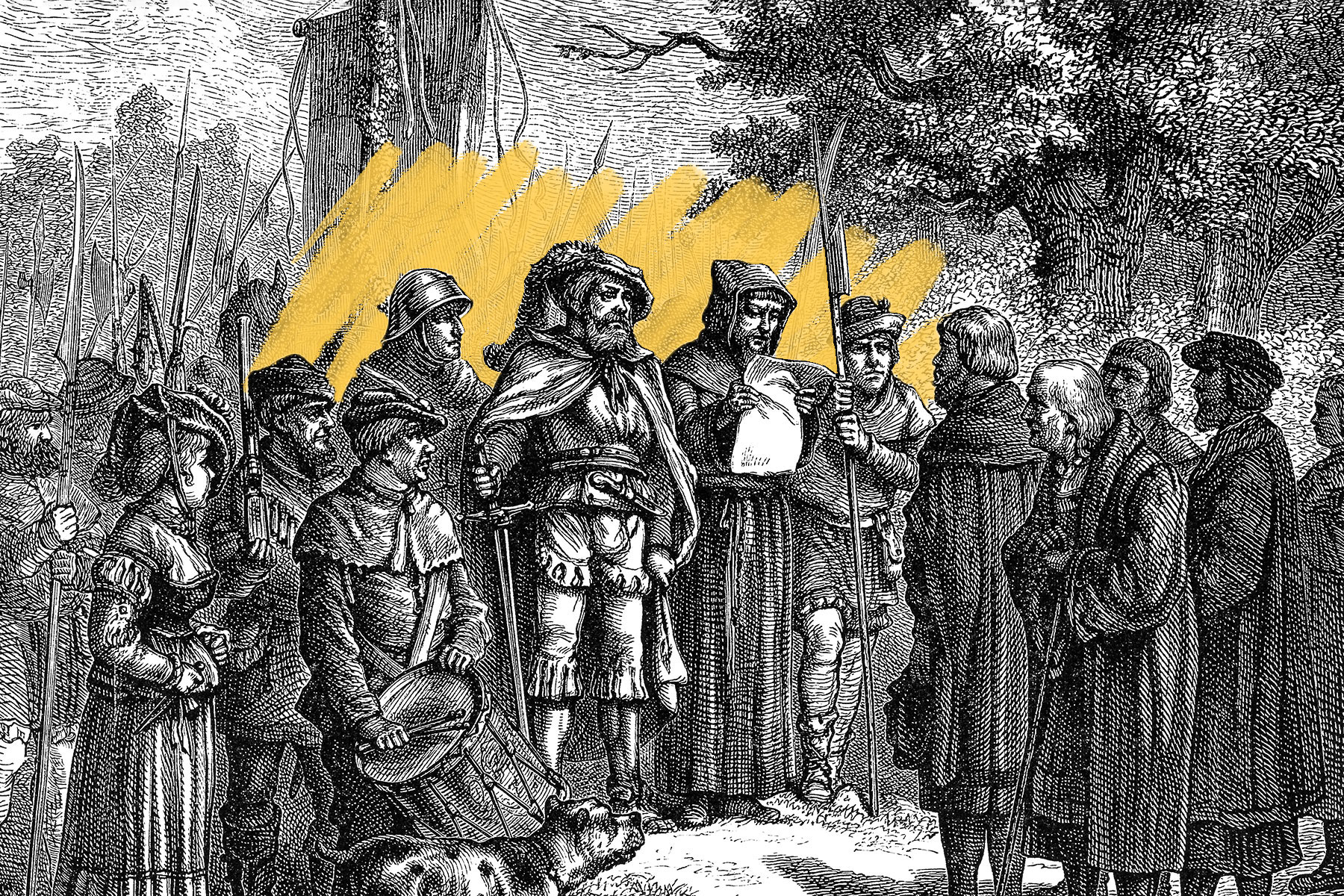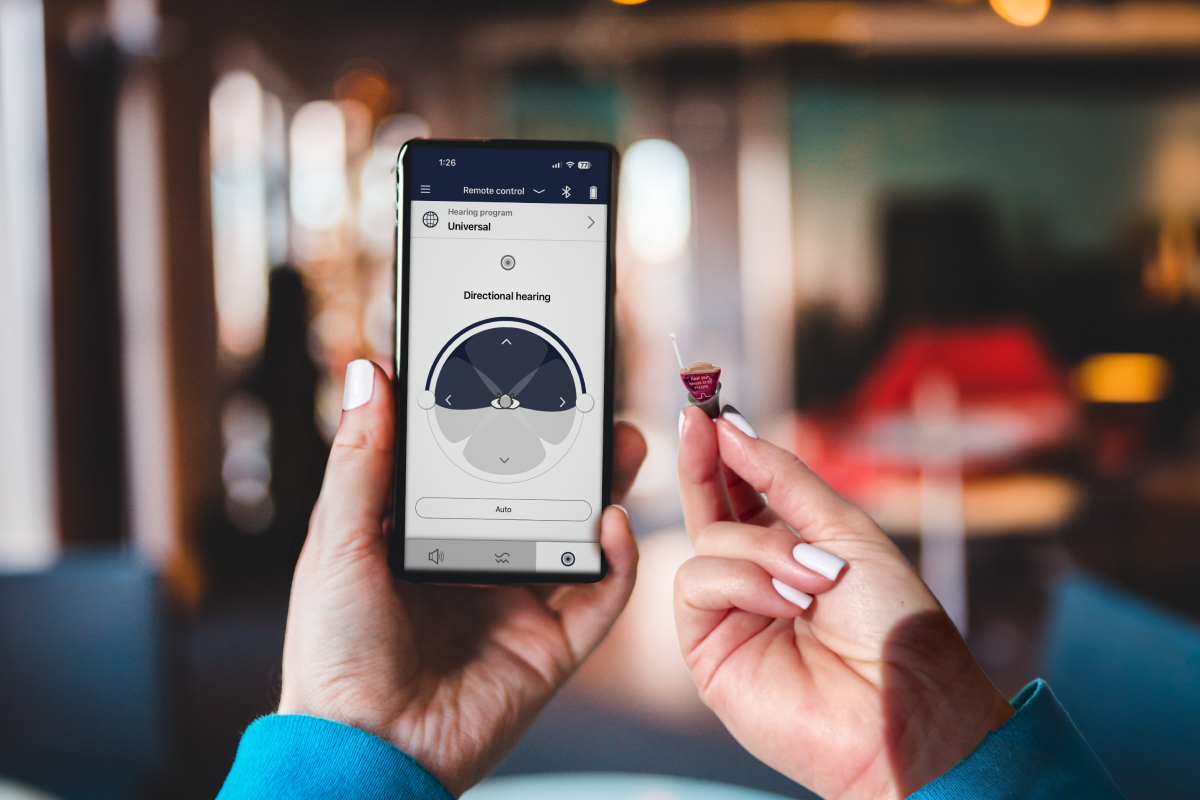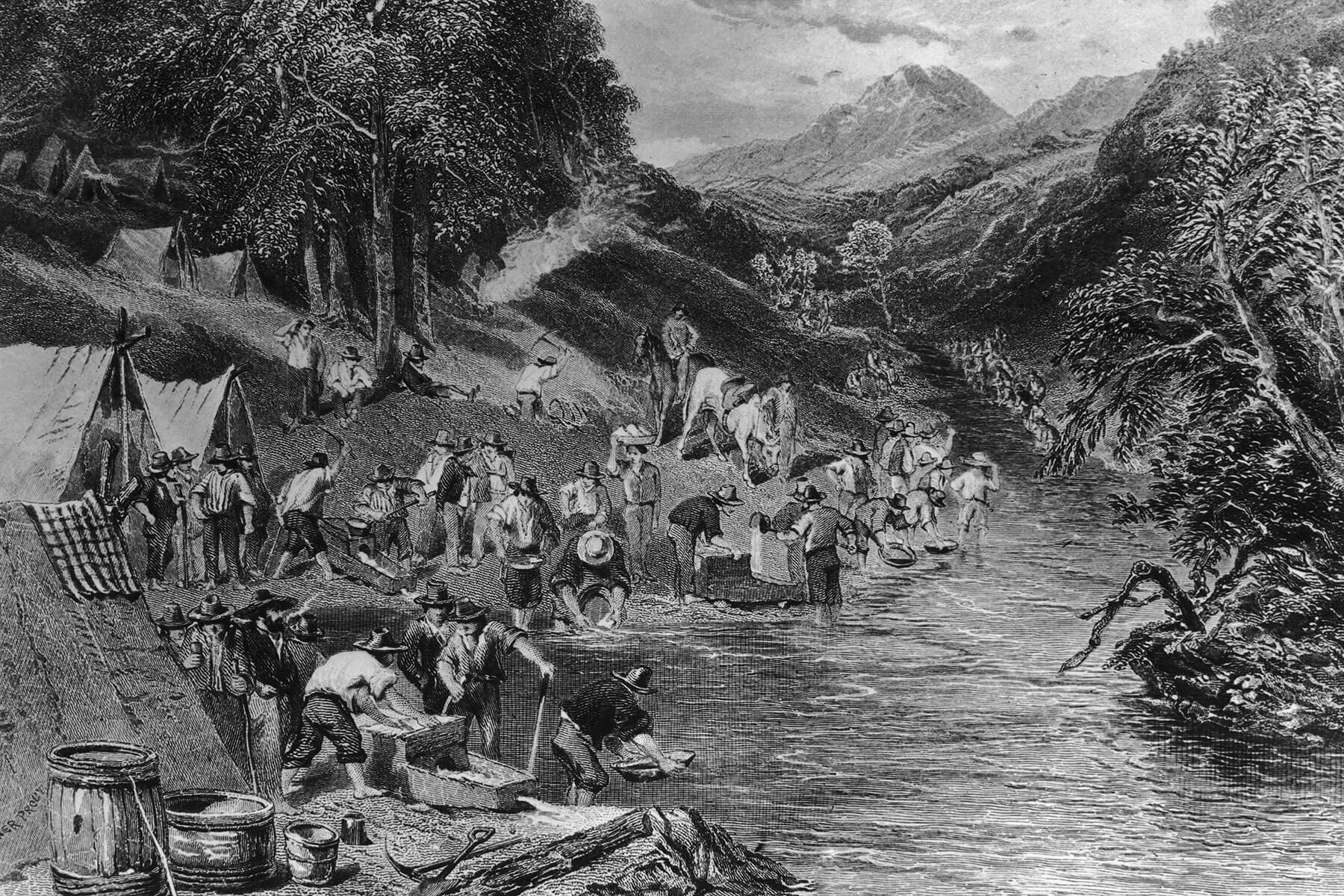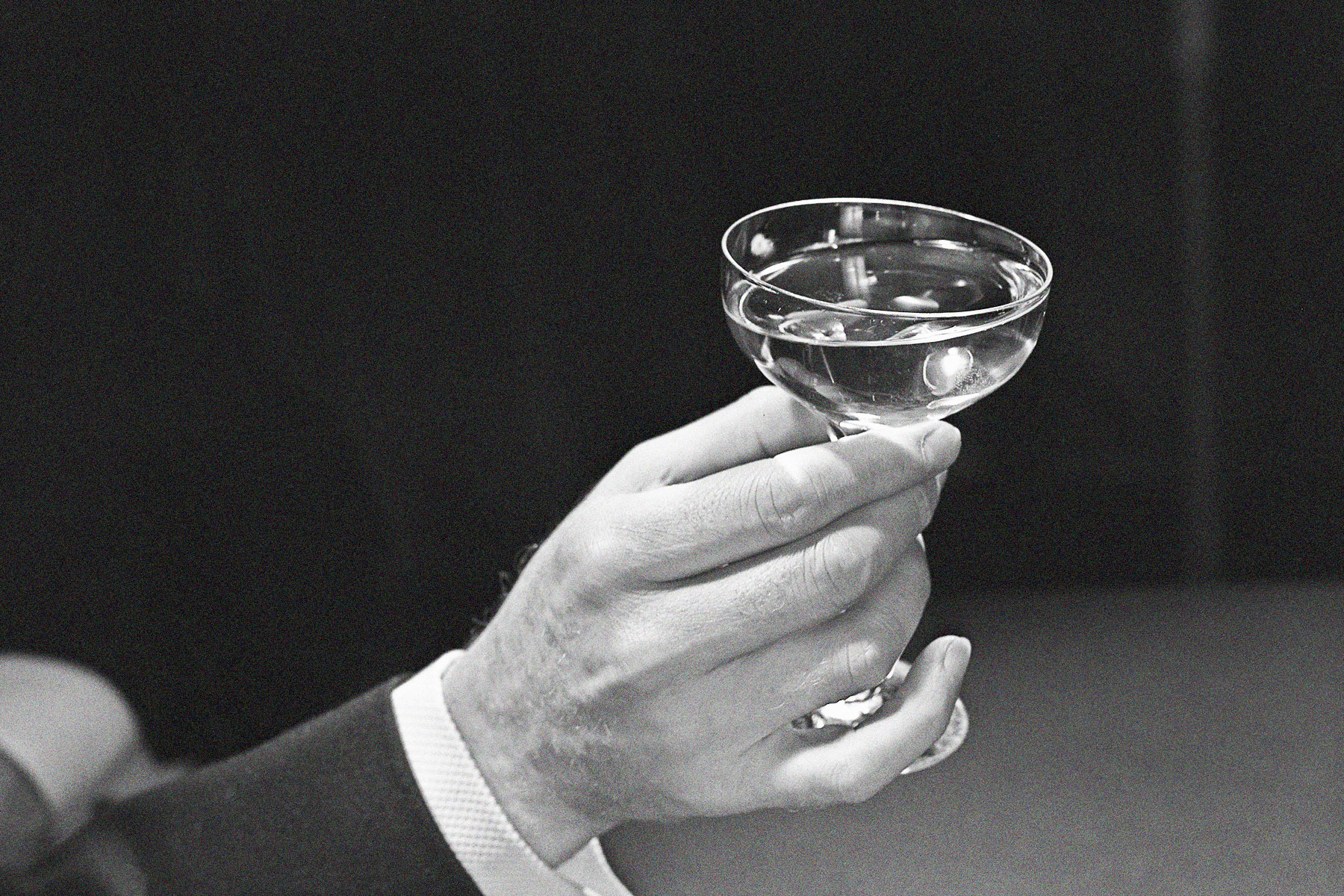The Hundred Years' War was *not* 100 years long
Friday, September 20, 2024
Anyone who's watched the TV series Succession or Game of Thrones knows that bad things tend to happen when an aging ruler is without a clear heir. |
| |
| |
|
 |
|
| A nyone who's watched the TV series Succession or Game of Thrones knows that bad things tend to happen when an aging ruler is without a clear heir. Yet both of those fictional conflicts look positively quaint next to the Hundred Years' War, which was actually 116 years long. Lasting intermittently from 1337 to 1453, the conflict has its roots in the 1328 death of Charles IV of France, who went to the grave without a son. His first cousin succeeded him as King Philip VI, much to the chagrin of Edward III of England and his supporters — as the late king's nephew, Edward was a closer blood relation and many considered his claim stronger. However, an assembly of French barons declared that the throne should pass to a native Frenchman instead, which eventually led to a century-long clash. |
|
|
| France was considerably more powerful at the time, with the strongest military and deepest pockets in all of Western Europe, but a series of early victories by the scrappy English prolonged the war far longer than initially expected. The war, which historians divide into three distinct phases (Edwardian, Caroline, and Lancastrian), was an intermittent affair that finally ended in a French victory after the Battle of Castillon. Though this was the last military conflict of the Hundred Years' War, England and France were technically at war with one another until the Treaty of Picquigny was signed in 1475. The Hundred Years' War is a catchier name than the 116 Years' War (or the 138 Years' War), however, so it's easy to see why it stuck. |
|
 |  |
|
|
 |
|
| |
|
| Length (in years) of the first peace (1360-1369) | | | 9 |
| | | Length (in years) of the second peace (1389-1415) | | | 26 |
| | | Length (in years) of the second peace (1389-1415) | | | 26 |
|
|
|
| English kings who ruled during the war (Edward III, Richard II, Henry IV-VI) | | | 5 |
| | | French kings who ruled during the war (Philip VI, John II, Charles V-VII) | | | 5 |
| | | French kings who ruled during the war (Philip VI, John II, Charles V-VII) | | | 5 |
|
|
|
 |
|
 | | Did you know? |
|
|
Joan of Arc helped turn the tide of the Hundred Years' War. |
|
| Joan of Arc is one of history's most revered figures, but her enduring legacy is often divorced from the conflict in which she was involved. That conflict was the Hundred Years' War, and her appearance couldn't have come at a more fortuitous time for France: the 1428-1429 Siege of Orléans, at which point the English were at the peak of their power as the war neared its end. Born a peasant and believing she was on a divine mission to help her country, Joan of Arc was sent to the siege by the as-yet-uncrowned Charles VII of France to provide relief. Both sides believed that Orléans would soon fall; they also believed that England might conquer all of France if that happened. Instead, the siege ended just nine days after the arrival of Joan and the army she convinced Charles VII to send, boosting morale and leading to France's ultimate victory. After being captured and burned at the stake at just 19 years old, Joan of Arc was eventually recognized as a saint by the Roman Catholic Church. |
|


posted by June Lesley at 4:03 AM











![]()
![]()







0 Comments:
Post a Comment
<< Home